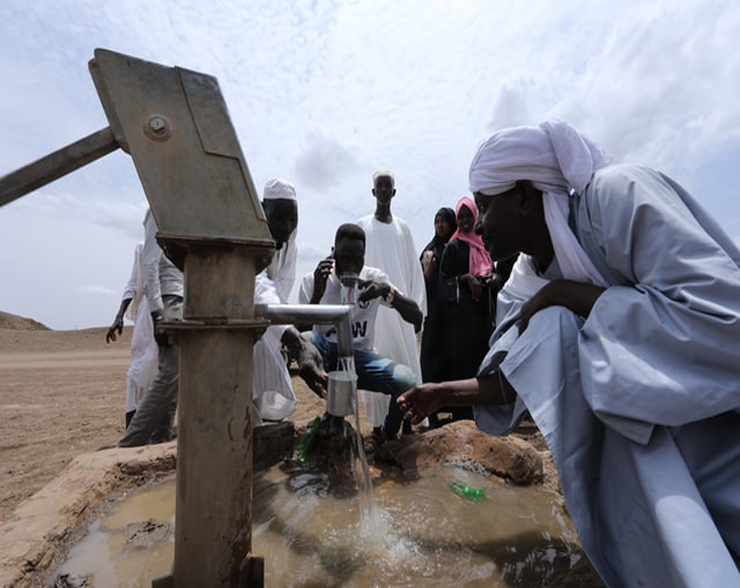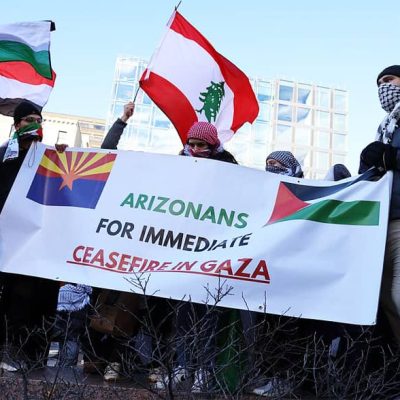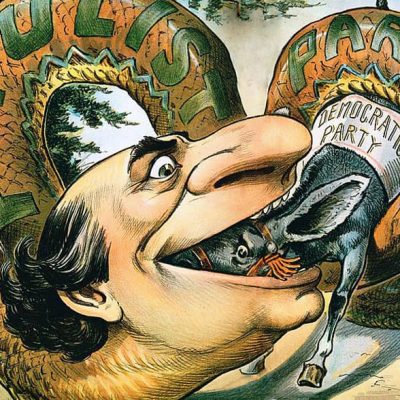 Appeals
Appeals
Sudan: Difficult Transitions.
Photo by Mohamed Tohami on Unsplash.By Rene Wadlow. |
|
| With the death on 26 November 2020 of Sadeq Al-Mahdi; a major figure of modern Sudanese politics; leaves the scene at a time of deep transitions within Sudan. Sadeq was the great grandson of Mehammed Ahmed; who in the 1880s proclaimed himself as the Madhi in the struggle against the Egyptians and the British. When impiety progresses; God inspires the Mahdi, the Messiah, to establish justice. Thus; the Mahdi is both a political as well as a spiritual leader.
Sadig never declared himself to be the Mahdi; but the family had taken Al-Madhi as the family name. He was a political leader having been Prime Minister twice, 1966 -1967 and again 1986 -1989; both times forced out by the military; who set up long-lasting military dictatorships; the first time by General Jaafar Nimeiry; and the second time by General Omar Al-Bachir. The Sufi Order.Sadig was the head of an important Sufi order; a tariqa as Sufi orders are called in Sudan. His political base was the Sufi order. He was educated at Oxford University in England; and had high hope to modernize Sudan. Yet both times that he was prime minister; he became bogged down in socio-economic tensions that would lead shortly afterwards to war. The first time; the tensions and war which led to the creation of the separate state of South Sudan; the second time the continuing North-South split of the country; and the tensions which led to the armed conflict in Darfur province. In both cases; the military were able to present themselves as more able to deal with conflicts than a civilian. I had Sadeq Al-Mahdi as a member of the Association of World Citizens team to attend a seminar at the United Nations in Geneva; on human rights and Islam. We had discussed at length his experiences and the nature of Mahdist movements. The Ironies of Sudanese Politics.One of the ironies of Sudanese politics was that his chief opponent; the ideological brain of the Al-Bachir National Islamic Front, Hassan Al-Turabi was his brother-in-law, the men having married two sisters of the same family. While Sadeg was a Sufi highlighting; a personal relationship to God with no emphasis on the Islamic legal code or the Koran; Hassan Al-Turabi, influenced by the Egyptian Muslim Brotherhood; stressed the legal code and promoted the idea of a pan-Islamic brotherhood based on a common understanding of the legal code. Today; Sudan is in a period of transition. The South has become a separate country with a good number of difficulties. A good number of issues; including oil revenues; need to be worked out between Sudan and South Sudan. The war in Darfur continues; but negotiations are very difficult as opposition groups have split along tribal and ideological lines. The new Sudanese government is an uneasy coalition of military and civilian members of trade unions and professional societies. It is not clear what role Sufi orders; which are mostly rural, will play. It is also not clear to what extent new political parties will be formed based on the civil society forces; which were largely outside the earlier political parties. Sudan remains a country in transition; to be watched closely. Rene Wadlow, President, Association of World Citizens. |
|

Presidente, Asociación de World Citizens (AWC).
Cursó Estudios de Relaciones Internacionales en La Universidad de Chicago.
Cursó Estudios en el Programa Especial de Civilización Europea en
La Universidad de Princeton
Here are other publications that may be of interest to you.
Prevenir la expansión del conflicto de Gaza: ¿Son posibles las brigadas de paz?
Antony Blinken, el secretario de Estado de Estados Unidos, ha estado nuevamente en Medio Oriente trabajando para evitar que la violencia de la Franja de Gaza se extienda a gran…
Ciudadanos del Mundo Piden un fin Inmediato a las hostilidades entre Israel y Hamás, y por un esfuerzo auténtico de construcción de Paz en Oriente Medio.
Imagen destacada: El impacto del bombardeo israelí sobre un edificio civil en Gaza (2021). Por Osama Eid, CC BY-SA 3.0 https://creativecommons.org/licenses/by-sa/3.0, via Wikimedia Commons. La Asociación de Ciudadanos del Mundo,…
Transformación del Populismo en Europa y las Américas: Historia y Tendencias Recientes.
Imagen de portada: Caricatura de juez de 1896 que muestra a William Jennings Bryan/Populismo como una serpiente que se traga a la mula que representa al Partido Demócrata. Por la…
Día Internacional de los Océanos.
Imagen destacada: Foto de Marek Okon, Unsplash. Es necesario avanzar en las delimitaciones marítimas asiáticas. . El 8 de junio ha sido designado por la Asamblea General de las Naciones Unidas como…



